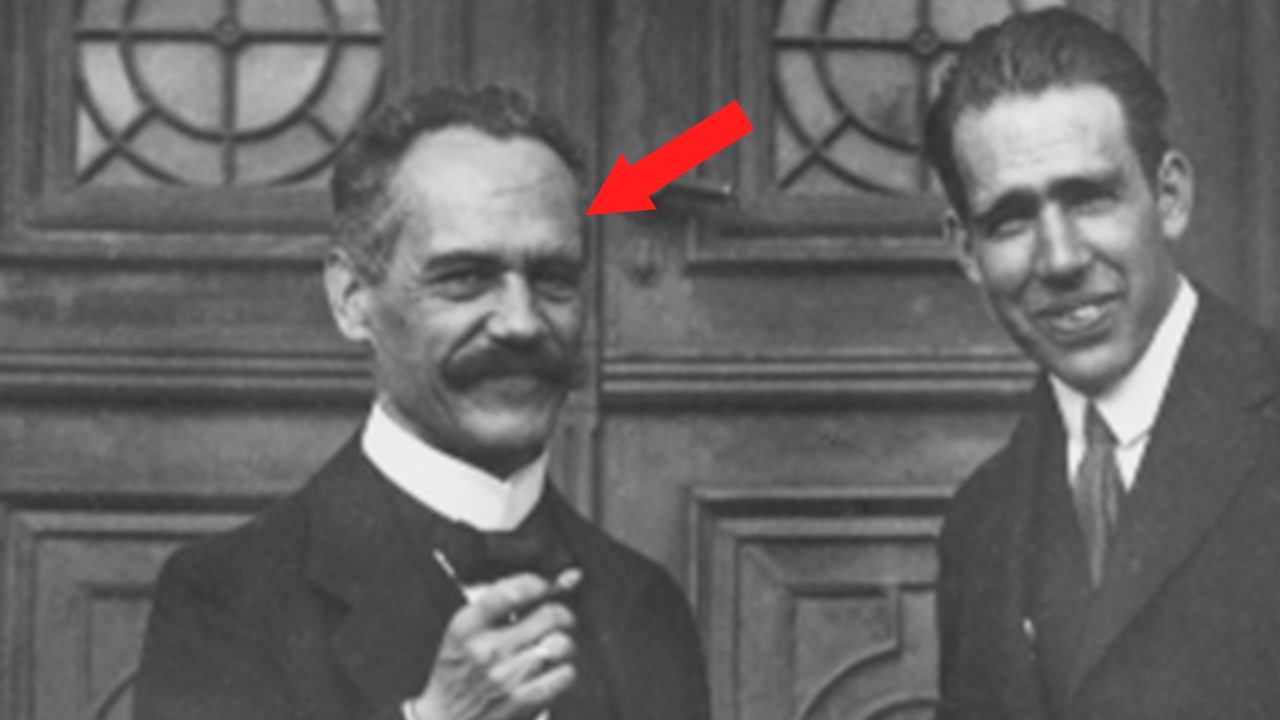
Johannes Kepler was a German astronomer who discovered the three laws of planetary motion. Apart from his contributions to astronomy, he is also known to have pioneered the field of optics. In this post, let's read some amazing facts about Kepler and his work.
Early Affliction
He suffered from small pox at a very early age. The disease left him with a weak eyesight. Isn't it wonderful then how he went on to invent eyeglasses for near-eye and far-eye sightedness?
Introduction to Astronomy
Kepler's childhood was worsened by his family's financial troubles. At the age of 6, Johannes had to drop out of school so to earn money for the family. He worked as a waiter in an inn.
In the same year, his mother took him out at night to show him the Great Comet of 1577 which aroused his life-long interest in science and astronomy.
Copernican Supporter
At a time when everyone was against the heliocentric model of the universe, Kepler became its outspoken supporter. He was the first person to defend the Copernican theory from both a scientific and a religious perspective.
Contemporary of Galileo
Galileo was not a great supporter of Kepler's work especially when Kepler had proposed that the Moon had an influence over the water (tides). It would take an understanding by Newton many decades later which would prove Kepler correct and Galileo wrong.
Pioneer of Optics
Kepler made ground-breaking contributions to optics including the formulation of inverse-square law governing the intensity of light; inventing an improved refracting telescope; and correctly explaining the functioning of the human eye.
Helped Newton
His planetary laws went on to help Sir Isaac Newton derive the inverse square law of gravity. Newton had famously acknowledged Kepler's role, in a quote: "If I have seen further, it is by standing on the shoulders of giant(s)."
Kepler's Legacy
There is a mountain range in New Zealand named after the famous astronomer. A crater on the Moon is called Kepler's crater. NASA paid tribute to the scientist by naming their exo-planet finding telescope, Kepler.








 Physics, astronomy and science history blog for students
Physics, astronomy and science history blog for students